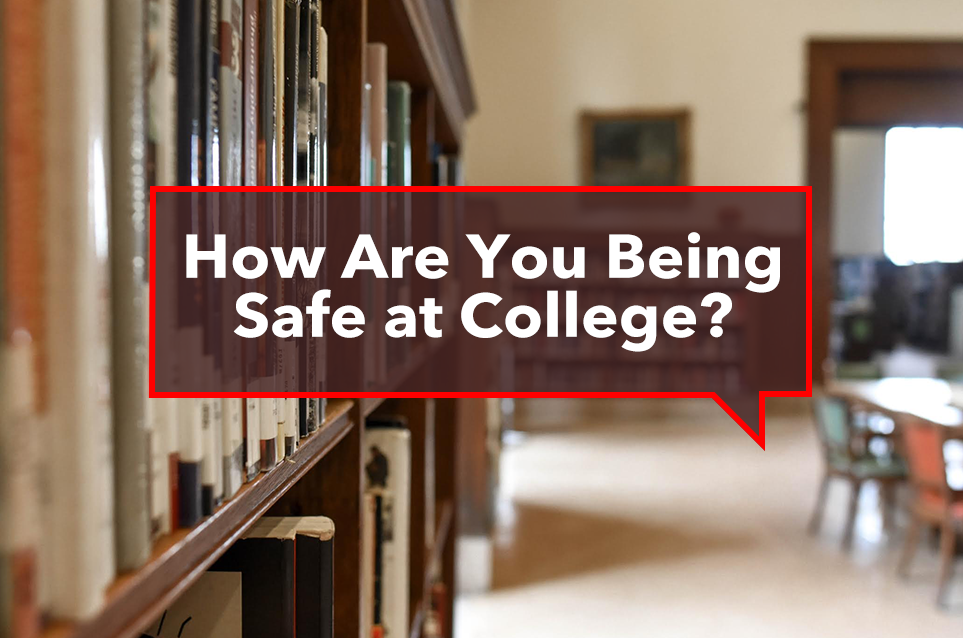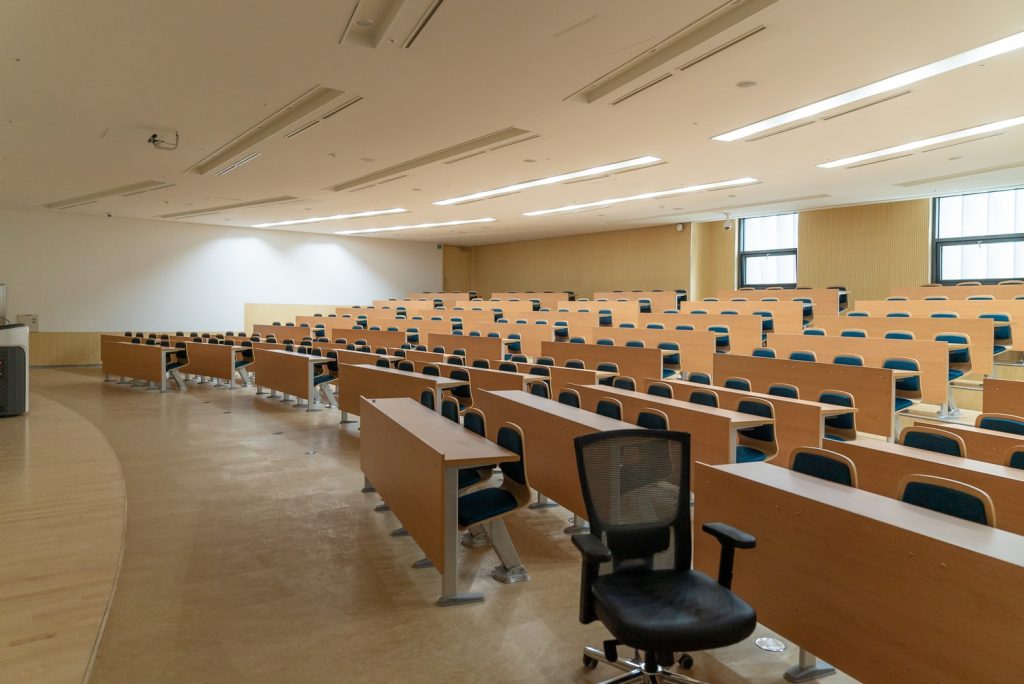How Are You Being Safe at College?

Usually, midsummer would be a time to relax, but no one feels entirely at ease under the current circumstances of the COVID-19 pandemic.
College students are in a unique situation, with a once-in-a-lifetime experience being completely altered. Some schools have already decided to go mostly virtual, while others are still in the air in terms of their decision making.
These are unusual and strange circumstances for everyone, but there’s no arguing against the fact that safety should be paramount. This includes steps the colleges take as well as your responsibility. Here are some of the things you can do as we get closer to August.
Keeping Yourself Safe
First, let’s cover some of the fundamental steps that you can take to ensure your safety in the event that you need to attend college in person on some occasions.
Always have your PPE ready: While masks, gloves, and sanitizer are baseline, those may not be the only things you want. Contactless tools are becoming popular for manipulating shared surfaces (doorknobs, elevator buttons) without any physical contact.
Use your PPE properly: Many people invest in N95 masks without really understanding what makes them effective—the seal. To maintain an airtight seal and filtrate the particles, the mask needs to be worn a certain way. Make sure you research how to create a seal, and avoid the temptation to fidget with it.
Prepare for changes: Many university plans may use a hybrid model, but shift to fully-remote if the pandemic gets worse in the local area. Ensure you have a plan in place if this happens, especially if you live far from campus.
Cut down on frivolous gatherings: College without the party life may seem like an empty shell for some, but massive indoor get-togethers are proving to be some of the most common spreading events for the virus. As tempting as it may be, stay away from the parties for now.
As a final general note, adjusting to any drastic change isn’t easy, and this is something unlike many of us will ever see in our lifetimes. If you find that making the change is becoming overwhelming, don’t be afraid to look up mental health resources for support. Your school likely still has some form of mental health services, and there are also telehealth options available for those who are isolated.
What Tactics Are Colleges Using?

Personal responsibility is essential, but colleges are also implementing their own measures to help keep students safe. Here are some key examples:
Minimizing student housing: Providing student housing will be necessary for some, like international students. However, many colleges are requiring students to stay at home and study remotely if possible, getting reimbursed for their room and board. Dorms can be an easy place to get sick in normal circumstances.
Changing the classroom: In situations where virtual learning isn’t possible, in-person instruction will be changing rapidly. Smaller classes in larger spaces will likely be required to help mandate social distancing during class. Other additions like sanitizer stations and plexiglass barriers may become commonplace to help ensure everyone is safe.
Testing: Some campuses are mulling the possibility of testing all students/faculty who will be returning to school, but this is a subject of debate. Some think that it’s too expensive to do this, while others feel issues with current tests may paint an unreliable picture as the school year starts.
Research/support: Many colleges will likely still be dedicating their efforts to fighting COVID-19 during the school year. This includes research, manufacturing PPE, and being a valuable source of public health information.
The next school year will be strange ground for all students, whether it’s virtual, in-person, or a combination of both. Because higher learning institutions are still adjusting and adapting their teaching methods, the best recourse you have as a student is to keep yourself well-informed. Pay attention to news from your school and general updates and scientific information about the pandemic as it evolves. Best practices and local regulations can change rapidly, but it’s for everyone’s safety.

